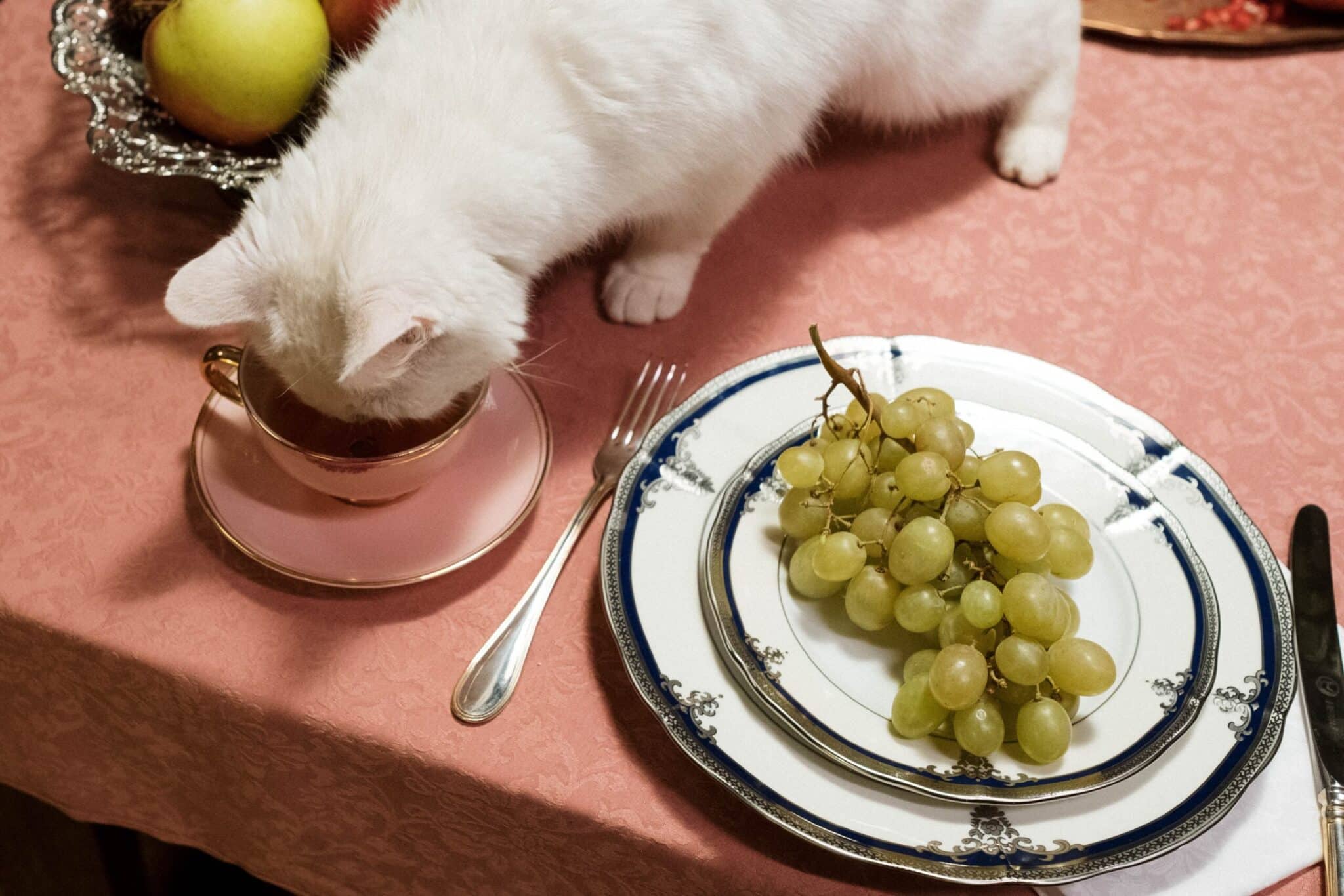CELEBRATING the holidays is indeed the perfect time to be with family. During this time, many gatherings are held to catch up, and of course, what’s a Filipino celebration without food?
However, the People for Ethical Treatment of Animals (PETA) warned fur parents about holiday treats to avoid so their fur babies can still enjoy the holidays with their hoomans.
According to PETA, here are some of the holiday food that are bad for your pets:
Alcohol
Your furry companion is aware that you are now hanging out with your pals. However, alcohol has the same impact on dogs’ livers and brains as it does on humans; it can even lead to respiratory distress, convulsions, coma, and death, according to PETA.
Caffeine
According to US-based VCA Veterinary Hospital, caffeine induces heart arrhythmias and elevated blood pressure, both of which are potentially life-threatening effects. It’s also possible for animals to experience spasms, convulsions, and loss of muscle control. It impacts the pet’s digestive system and has been known to cause nausea, vomiting, and diarrhea. It is said that caffeine can be lethal for dogs and cats if they consume large amounts of it, especially if treatment is not administered.
Candy
Sweet candies are not treats but threats. It’s true that the sugar in candy isn’t the best thing for dogs, but did you know that the artificial sweetener xylitol, which is widely used these days, can actually cause the liver to fail? If so, you should keep all kinds of sweets away from your canine companion.
Chocolate
Chocolate contains theobromine, which, in addition to caffeine, is a substance that, if consumed by a dog, may be highly toxic and even result in the dog’s death. Because of this, PETA urged fur parents never to leave any chocolates where their pet can reach and eat them.
Dairy Products
The consumption of milk, cream, cheese, and butter is unhealthy for pets. It is advisable to steer clear of giving your dog foods that are high in dairy products over the holiday season because these food might trigger allergic reactions in addition to diarrhea and other digestive issues.
Garlic, onion, chives
These plants have oxidizing compounds in them, which lead to oxidative hemolysis, which is the breakdown of red blood cells. According to VCA Veterinary Hospital, Poisoning happens when the amount of oxidants present in the red blood cells is greater than the capacity of the antioxidant metabolic pathways to “detoxify” the cell.
Ham and bacon
Dishes containing pork can potentially infect dogs with pancreatitis, an illness that can be fatal in severe forms.
Raisins and grapes
Some dogs are susceptible to developing acute kidney failure after eating these fruits, even in relatively small amounts. Vomiting is the most typical early indication of poisoning from eating grapes or raisins. This is usually observed within the first 24 hours after the consumption of the substance. In the next 12 to 24 hours, you might also notice that you have lost your pet’s appetite; they are quite lethargic and possibly even have diarrhea, according to studies.
Salt and sugar
Many special holiday meals are laden with salt, which, if consumed by your pets, may result in increased thirst, urination, or even more severe health problems. Additionally, dogs suffering from arthritis should avoid it.
Bones
The Food and Drug Administration reported gastrointestinal obstruction (blockage in the digestive tract), choking, and injuries to the mouth or tonsils, including cuts and wounds, are some of the illnesses reported to veterinarians in dogs with eaten bones. Bones are a no-no to your pets – don’t risk them.
A furr-iendly reminder: enjoy the holidays without risking the lives of your fur babies.
How useful was this post?
Click on a star to rate it!
Average rating 0 / 5. Vote count: 0
No votes so far! Be the first to rate this post.
We are sorry that this post was not useful for you!
Let us improve this post!
Tell us how we can improve this post?






